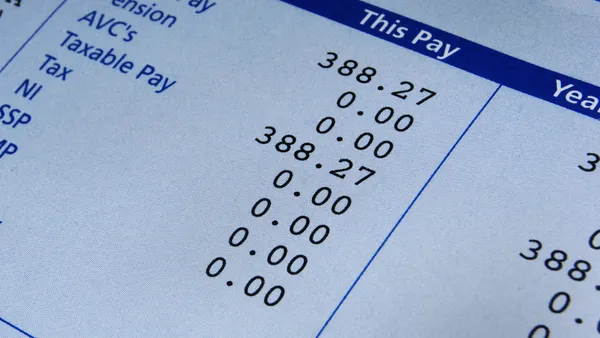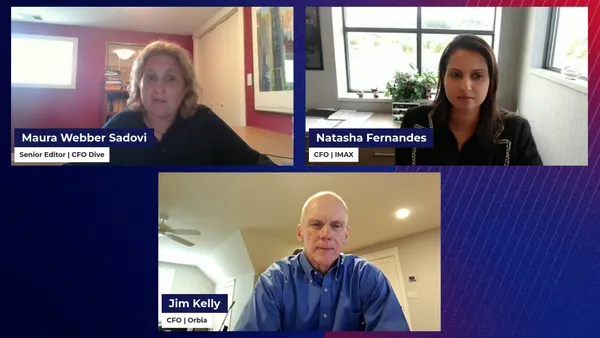Dive Brief:
- Nearly three-quarters (71%) of accounting professionals globally want more from their employers when it comes to addressing their mental health needs as burnout remains a top concern, according to a report released Wednesday by the Association of Chartered Certified Accountants.
- Inflation fueling wage pressures, an accounting shortage and the “overwhelmingly” fast pace of technology changes topped the lengthy list of concerns among accounting professionals, the survey found.
- Many individuals in the accounting profession are looking to their next opportunity. "Career development and remuneration are the top two attraction factors to an organization, yet they are also the two areas that have the most influence on employees’ decisions to leave,” said Jamie Lyon head of skills, sectors and technology at the ACCA.
Dive Insight:
While the broader accounting profession has been challenged by burnout and a talent shortage, audit committee directors reported being overwhelmed by the growing scope of their responsibilities that are now comparable to that of the overall board.
Yet, organizations appear to be coming up short when it comes to providing their accounting teams with the support. Most (71%) of accountants surveyed said they “want more help from their organizations to manage their mental health,” according to the ACCA survey, with 88% saying they want a better work-life balance.
High stress and burnout may be leading to mobility within the profession as well, and as a result, a major crunch for talent, with 44% of accountants expecting to move to another role in 12 months, the report found. Even more (69%) expect to move over the next two years, the report said.
Despite the American Institute of Certified Public Accountants and Department of Labor’s efforts to expand the pool of qualified candidates for employment in financial jobs with programs like the Finance Business Partners one, for example, many industry veterans are still concerned.
“Attracting the next generation of talent to the accountancy profession is vital to healthy economies,” said Jillian Couse, head of ACCA North America.
Greg Engel, KPMG’s vice chair of tax in the U.S., shares the concern, saying in a recent interview the talent shortage issue keeps him up at night. Meanwhile, concerns over technology are also top of mind for accounting professionals — 42% of respondents said they are overwhelmed by the sheer pace of technological change.
Although many in the role understand how technology can enhance their work and careers, the change has proven to be a point of stress, according to the survey.
Accountants also cited high inflation adding fuel to the fire of wage pressures and getting into a hybrid work rhythm — 87% said they’d like to work remotely at least one day in the future — as other factors driving the struggle of retaining staff.
The survey polled over 8,000 accounting professionals in 148 countries.













